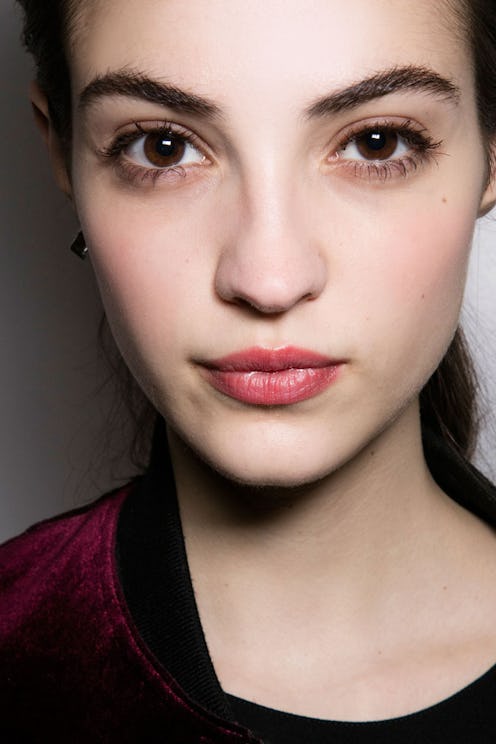You’ve likely heard of the benefits of incorporating probiotics into your diet, but it turns out this good bacteria is also a game-changer in skincare. When eaten, probiotics—found most commonly in yogurt and fermented foods—are lauded for their aid in digestion and gut health, but we wanted to know more about what happens when applied topically (and how they affect our skin in general). Allison Marks, spa director at Arcona, had answers.
Why Should People Care About Probiotics In Skincare?
"Good bacteria helps balance the ecosystem of the digestive system, ultimately leading to more efficient digestion. The anti-inflammatory effect they provide can be hugely beneficial for our skin. There is a connection between the foods we eat—and how we digest them—and the impact that inflammatory foods such as sugar and refined carbohydrates have on our complexion. The gut and the skin are closely connected. You might see inflammatory markers show up as acne, redness or dry patches."
Probiotics can help fight harmful agents.
What Exactly Do Probiotics Do For The Skin?
ImaxTree
"Probiotics assist with inflammation and redness, plus result in clearer skin and decreased skin sensitivity. Similar to the way antibiotics work in the treatment of acne and rosacea, probiotics can help fight harmful agents from triggering inflammation."
Can All Skin Types Use Probiotic Skincare?
Courtesy of Tommy Hilfiger
"Yes, all skin types and conditions will benefit from use. Those with acne, rosacea and eczema will in particular due to probiotics' calming protective shield and antibacterial effect."
All skin types benefit from probiotics.
What Skincare Products Incorporate Probiotics?
"Probiotics can be found in masks, cleansers and creams. The Arcona spa does a great professional Organic Fruit Enzyme Peel that contains the probiotic lactobacillus."
Probiotic Products
Do you use probiotic skincare products? Tell us which are your favorites in the comments below.
